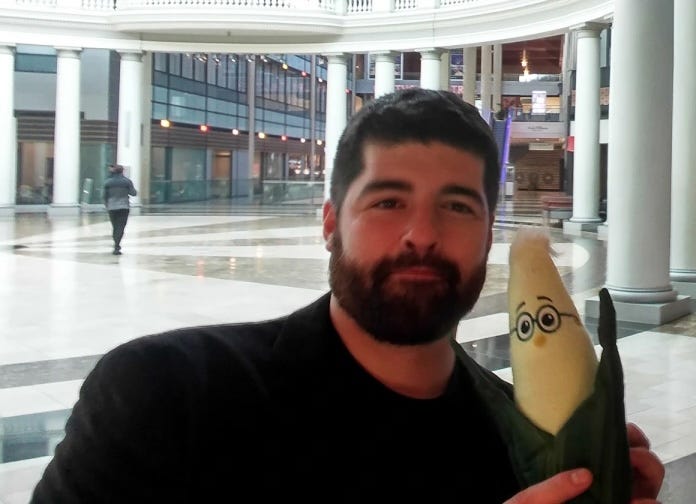Chad Niederhuth: genetics in plants, from Mendel to GMOs
Manage episode 422044353 series 3270887
If you have a sibling with autism, your future child’s risk for an autism diagnosis is increased by a factor of 2 to 3.5×. Orchid’s whole genome embryo reports can help mitigate your child’s risk by screening for over 200 genetic variants definitively linked to autism and other neurodevelopmental disorders. Discuss your situation with a genetics expert.
On this episode of Unsupervised Learning Razib talks to Chad Niederhuth, an erstwhile academic plant geneticist now working in industry. Niederhuth and Razib discuss the reality that in 2024 it is often human genetics that gets the glory, even though experiments on plants go back to the field’s very origins with Gregor Mendel and his peas. Niederhuth’s original training is in molecular genetics, and they discuss the relevance of differences in basic biological machinery between plants and animals, for example the reality that the former have chloroplasts while the latter have mitochondria. They also extensively discuss the flexibility and variation across plants in terms of size and organization of the genome; plants much more often deviate from a diploid two-gene-copy setup than animals, and their range of genome size is enormous. While the smallest plant genome is 61,000,000 bases, the largest is 148,800,000,000 bases (2,400 times larger than the human genome).
Razib and Niederhuth discuss the flexibility and utility of plants in basic genetic research, but also in the applied agricultural context. Though classic techniques of selection are still relevant, more and more researchers are using genomic methods that look at variation at the DNA level to predict traits in the next generation, and so allow for more robust and productive cultivars. Razib also notes that public queasiness over genetic engineering in animals, let alone humans, does not seem to apply equally to plants, meaning that GMO techniques can be perfected in crops first before transferring to animal or medical contexts.
Finally, Niederhuth talks about his transition from being faculty at a research university to a scientist in the private sector. Overall Niederhuth is happy because his pay is greater, and his responsibilities are narrower and more focused. While as a professor he had to also split his time between teaching and serving extensively on committees, his current position is focused entirely on the research he finds so gratifying. Razib and Niederhuth also discuss the politicization of academic science that has occurred over the last 15 years, and the institution’s future prospects.
Related: Earlier conversation with Niederhuth on The Insight about GMOs.
18 episoade





